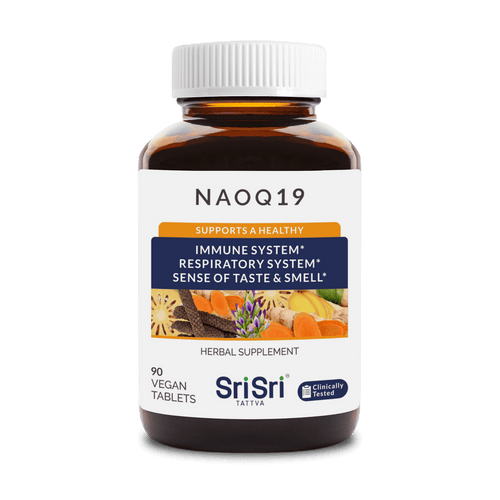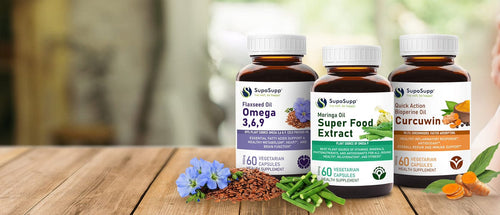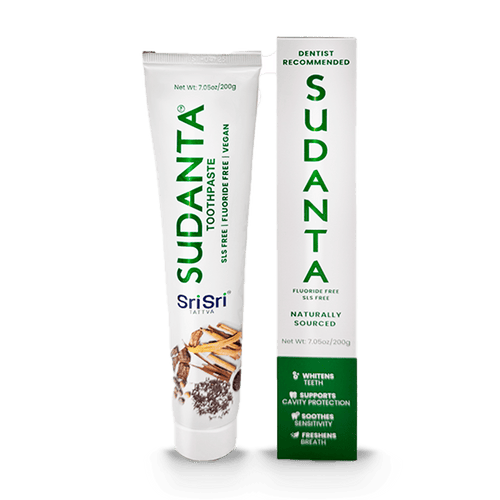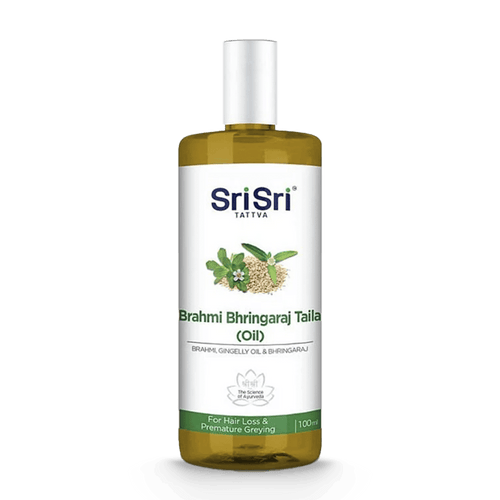Toothaches have the power to completely ruin your day, upend your daily routine and destroy your peace of mind. It might start as a dull pain and then grow into a full blown bout of severe dental pain, or turn into a throbbing chronic pain. There is any number of reasons for dental pain from injury to tooth decay, dental cavities, plaque deposits that lead to bacterial infections, loss of tooth and poor dental hygiene. At the root of most common dental problems like caries and damaged tooth is the pathogen load that is high inside our mouth, and need regular care and attention to fight with.
Aromatic plant twigs or chewing sticks with anti-bacterial properties had been in use since millennia, for oral hygiene. Then came the time when people started using mass-produced non-herbal dentifrices which did not necessarily make use of the herbal twigs and chewing sticks. But today things are different. Now more and more people are moving to herbal toothpastes for a holistic dental cleanse and maintenance because these natural options come with a collective boost of ingredients and herbs that are specifically chosen from the bosom of nature to help in addressing problems like toothache, inflammation, decay of tooth enamel due to dental caries, bad breath, gum problems and plaque collection for oral microbes to thrive in. They come with an attractive bonus feature-they are free from fluoride, and other chemicals like triclosan and sodium lauryl sulphate (Sudanta Charcoal version is SLS Free).
Effectively remove dental plaque

Dental plaque accumulation has been found to be the primary cause of dental caries; bad breath; and periodontal diseases which are the diseases of the gums and bone supporting the teeth. A major objective of brushing and flossing is to reduce the microbial load in the mouth which gives rise to other painful dental problems. Today, you have herbal, cruelty-free toothpaste options like Sri Sri Tattva’s Sudanta that come loaded with ingredients with strong anti-microbial activity. While store-bought commercial dentifrices also have anti-microbial ingredients they often come loaded with chemicals like ones we discussed above with potential side effects ranging from altered taste sensation, abrasion, cancer on repeated use, according to researchers.
Sudanta has shown impressive results in fighting microorganisms that cause periodontal diseases. Results of an in-vitro study revealed that ‘Sudanta demonstrated better antimicrobial activity against selected putative periodontal microorganisms: A.actinomycetemcomitans and T. forsythia.’
Sudanta toothpaste, which is non-fluoridated herbal toothpaste, has shown promising results in terms of antimicrobial activity against selected oral microorganisms, according to the Indian researchers. ‘Superior antimicrobial activity of Sudanta toothpaste against periodontal pathogens can be attributed to the presence of Mayaphal.’

Sudanta is non-abrasive natural toothpaste with a unique combination of herbs to help cleanse and whiten teeth, fight bacteria, soothe gums and provide long lasting freshness. Sudanta is a natural cleanser fortified with effective herbs such as:
Black pepper – rich in minerals to give you strong teeth
Black pepper is composed of a powerful compound called piperine that gives it strong anti-inflammatory property. In fact studies showed that their anti-inflammatory effects can be said to be at par with prescription medication for specific bone-related disorders.
Our teeth and saliva contain water, minerals, electrolytes and bacteria. Black pepper oil compliments dental care by fortifying teeth with important minerals and vitamins like vitamin A and Vitamin K. Vitamin A helps form healthy teeth and Vitamin K helps in wound healing. It also has calcium, selenium and potassium that strengthen teeth and bones.
Bakul and mayaphal – strong antimicrobial activity, keeps gums and teeth strong
Mayaphal grows on oak trees and is a strong bacterial killer. Mayaphal is rich in gallotannic acid, gallic acid and ellagic acid which have shown strong inhibitory effects against microorganisms like S. mutans, S.salivarius, P. gingivalis, and F. nucleatum. It is also known to reduce bleeding gums, and is soothing and cooling in effect, as per Ayurveda. Thanks to its anti-inflammatory compounds, mayaphal has been historically used for treating swollen or bleeding gums. Medical decoction made from the bark of bakula trees have been used for centuries for treating conditions like gingivitis, loose teeth and oral ulcers.
Clove - fights bad breath and bacteria
These dried flower buds carry a beautiful refreshing fragrance that helps keep bad breath out while also helping to cure tooth decay. It is an incredibly powerful ingredient used in Ayurvedic preparations for treating toothache, mouth ulcers or sore gums. The American Dental Association agrees of its prowess as a dental anaesthetic too!

Cinnamon - adds flavor and fights bacteria
Cinnamon in various forms has been widely studied for its applications in dental ailments, particularly for its strong antimicrobial properties. A compound present in it, cinnamaldehyde is one among the many plant compounds that fight bacteria by inhibiting cell division and growth. Research has found oil extracted from the bark to be useful against S mutans strain which is a common cause of cavities, erosion of the enamel and decay, particularly in children. Cinnamaldehyde is known to be effective in fighting against particular type of fungi-Candida which causes yeast infections such as oral thrush. This particular type is a must to deal with since candida can grow a biofilm on the teeth, leading to plaque and gum conditions. Studies have also demonstrated cinnamon’s pain relieving and anti-inflammatory potential. The Asian spice is also a big bacterial killer against E. fecalis that causes gum diseases, particularly in root canal patients.
‘The antimicrobial activity of the herbal pastes is due to the presence of Plant Secondary Metabolites (PSMs) such as alkaloids, flavonoids, polyphenols, and lectins…Herbal toothpastes potentially prevent the colonisation of the oral bacteria on the tooth surfaces most likely by penetration of the active herbal ingredients into the plaque biofilm and attenuating further plaque maturation,’ the researchers said.
Published by Ruchira Roy
This content on the Sri Sri Tattva blog is not intended to be a substitute for professional medical advice, diagnosis or treatment. Always seek the advice of your physician, or other qualified health providers with any questions you may have regarding a medical condition. Any links to third party websites is provided as a convenience only and the Sri Sri Tattva Blog is not responsible for their content.





